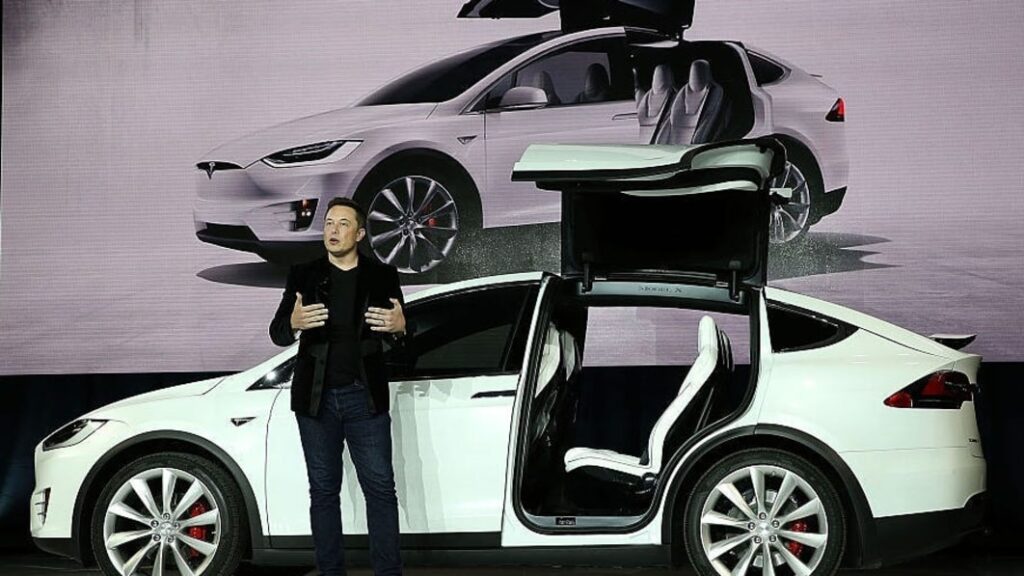Tesla's looks are getting stale, and Elon Musk can't ignore it forever

A
Tesla Model 3 charges at a Supercharger.
Paul Hennessy/NurPhoto via Getty Images
Rumors have swirled about Model 3 and Model Y updates, but nothing official yet from Tesla.
“When you move to higher-volume vehicles, you have to start keeping up with the Joneses,” one analyst said.
Vehicle redesigns have long helped car companies juice demand.
Tesla is in need of a facelift.
That’s what industry experts and analysts say as its oldest mass-produced car, the Model S sedan, nears its 11th birthday in June. Rumors have swirled online about incoming refreshes of the Model 3 and Model Y vehicles, but Tesla has yet to set a release date for these updates.
Updates of the Model 3 and Model Y, both of Tesla’s most affordable vehicles, will be key to the company increasing its deliveries this year, Deutsche Bank analysts told clients earlier this week. (The bank also trimmed its full-year vehicle delivery forecast, down to an expected 1.7 million units.)
Tesla has kept up a steady stream of new vehicles in the last decade: the Model X in 2016, the Model 3 in 2017, the Model Y in 2020, and finally (maybe) the Cybertruck later this year.
But Elon Musk’s electric-vehicle maker has never returned to any of these models to redesign for the model-year changeover, a common practice across the industry to keep designs fresh and customers clamoring for the next best thing.
Tesla will need to start ‘keeping up with the Joneses’
For many years, Tesla hasn’t needed traditional model-year updates due to the steady flow of over-the-air software updates that are pushed to drivers to enhance the Tesla ownership experience. But as the company aims to be a more mass-market brand, with the $25,000 Tesla still on its way, this strategy could cause problems.
Sam Fiorani, an automotive analyst for AutoForecast Solutions, recently told Insider that a mass-market Tesla will have some keeping up to do once the vehicles become more ubiquitous.
“When you move to higher-volume vehicles, you have to start keeping up with the Joneses,” Fiorani said. “When you sell some 300,000 of the same vehicle every year, and then they’re all parked together in a grocery-store parking lot, those customers suddenly want something to set them apart from their neighbors.”
Tesla is already looking for new ways to juice demand
Model-year changeovers have long come with minor refreshes and more comprehensive redesigns, the latter of which are usually lauded with a live event and auspicious reveal.
Especially in the days before cars were laden with flashy new tech, changing the look of a vehicle from model year to model year gave customers a reason to come back to the dealership, analysts said.
Tesla hasn’t had to engage in this kind of demand juicing as it has spent the last decade largely attracting EV early adopters with a more limited supply of vehicles.
This year, Musk has said Tesla aims to build 2 million vehicles, nearly doubling its 2022 production capacity. Meanwhile, Musk’s car company has already shown some signs of slumping demand, as the company has slashed prices and offered Supercharger incentives more akin to the clearance sales found on traditional dealer lots.



